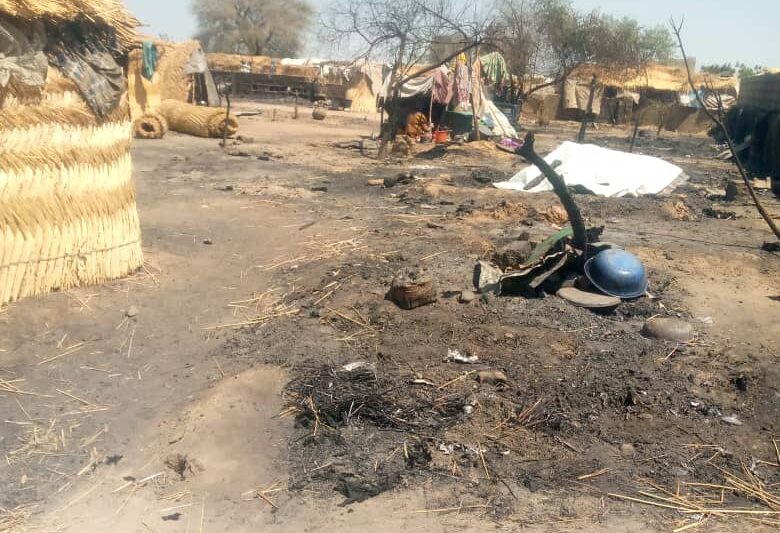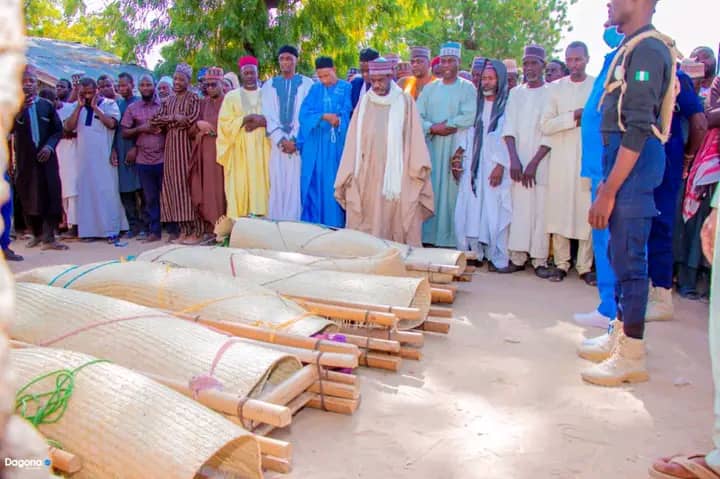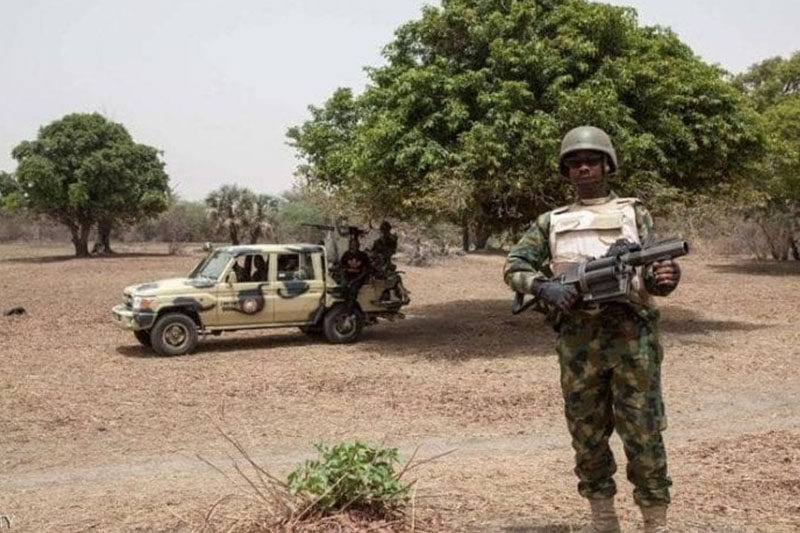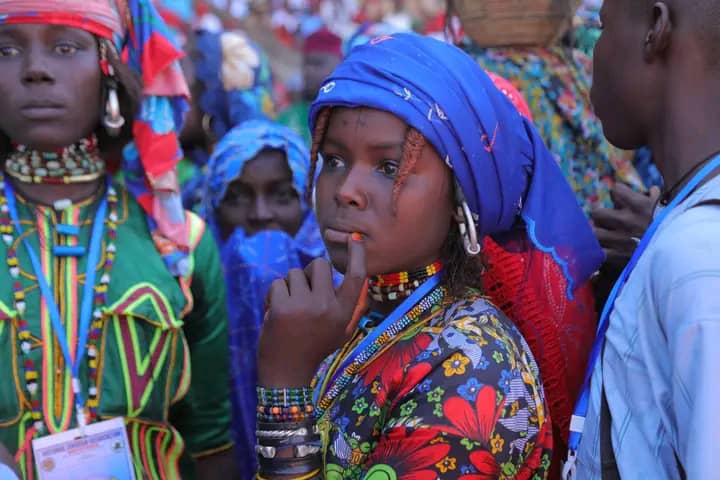United Nations says as camps are shut down in Maiduguri, displaced people could be returning to areas contaminated with IEDs and mines
The United Nations Mine Action Services (UNMAS) has reported that the number of improvised explosive device (IED) incidents in January across Borno, Adamawa and Yobe (BAY) states was the highest in the past two years.
It said records showed that 43 IED blasts had killed 65 people, including eight children, and wounded 55 others across the BAY states.
In 2023 alone, UNMAS recorded 132 deaths and 163 injuries from 326 explosive ordnance incidents in northeast Nigeria.
The number of verified IED incidents had been increasing since October last year.
The UN said explosive remnants of war (ERMs) from 14 years of conflict in northeast Nigeria continued to pose a threat to the lives and livelihoods of people, including aid workers.
They were also among the obstacles to the safe return of internally displaced persons (IDPs) and refugees in the BAY states.
On January 9, 12 people were killed when their vehicle hit and IED suspected to have been planted by non-state armed group operatives – mostly likely insurgents – along the Gamboru Ngala-Maiduguri Road in Borno State.
On January 29 the Borno State Emergency Management Agency reported that 15 people, including a driver and 12 farmers – one of whom was a pregnant woman – were killed and 18 others wounded in an IED blast on the Pulka-Firgi Road in the Gwoza Local Government Area.
UNMAS reported a similar explosion two days before that incident in which six pupils were killed in an IED blast at the Tsangaya Quranic Centre in Gubio town.
The children had been collecting scrap metal to sell to earn money.
The UN said that as the Borno State government intensified efforts to shut down unofficial IDP camps in Maiduguri and relocate and resettle displaced families to their ancestral hometowns, humanitarian workers were concerned that affected people could be returning to areas contaminated with the remnants of war, such as IEDs and mines/explosives.
RNI correspondents in Dikwa and Damboa have also noted an increase in the number of IED blasts – as well as murders of farmers and abductions – mostly women and children collecting wood for cooking or selling – by suspected insurgents.
On March 6 members of the Damboa Civilian Joint Task Force (CJTF) – with the Nigerian Army – were called to Isaini, a village outside Damaturu in Yobe State, to assist in an IED blast that had killed one person and wounded another.
Abubakar Ali, a CJTF member, said the explosion had occurred when one of the vehicles in a 300-stong convoy had driven over the IED.
On Monday, February 26, two construction labourers in Dikwa were killed instantly when an IED hidden among bricks detonated.
There was a similar blast on the same day at another construction site in the same area. No one was killed or injured but a number of cattle roaming nearby were killed and others wounded. The injured cattle had to be euthanised. It was thought one of the cattle trampled on the IED, detonating it.
On Friday and Saturday, February 16 and 17, three people were killed in two IED blasts on the Damboa-Biu road.
“IEDs are not the only threat,” Ali said. “Attacks on farmers and firewood collectors are on the increase, as are the number of abductions.
“On March 4, three farmers in Mafarli village in the Damboa district were killed by a group of suspected Boko Haram [officially named the Jamā’at Ahl as-Sunnah lid-Da’way Wa’l-Jihād – JAS] insurgents.”
Mallam Lawan, a relative of one of the deceased, told an RNI correspondent: “These farmers went to clear their lands in preparation for this year’s farming ahead of the rainy season. A group of insurgents surrounded them. They were carrying guns and knives. They slit the farmers’ throats.
“My brother, Abor Bulama, and two friends were murdered. Now we are scared of going to farm our lands.
“The security situation is getting worse. Last year it was more peaceful and the security was better. It does not looks as if it will be the same this year.”
RUKAIYA AHMED ALIBE









